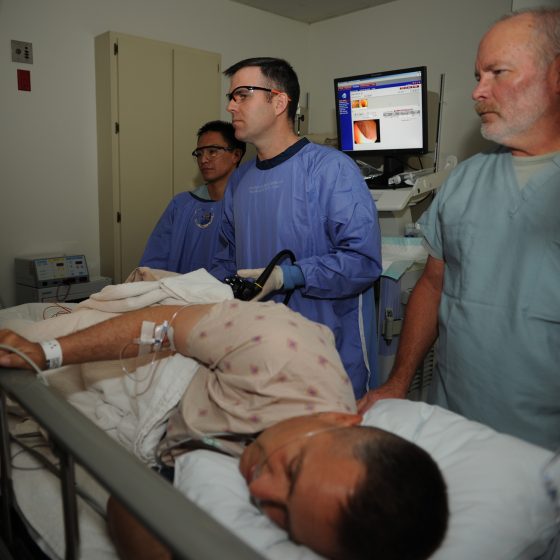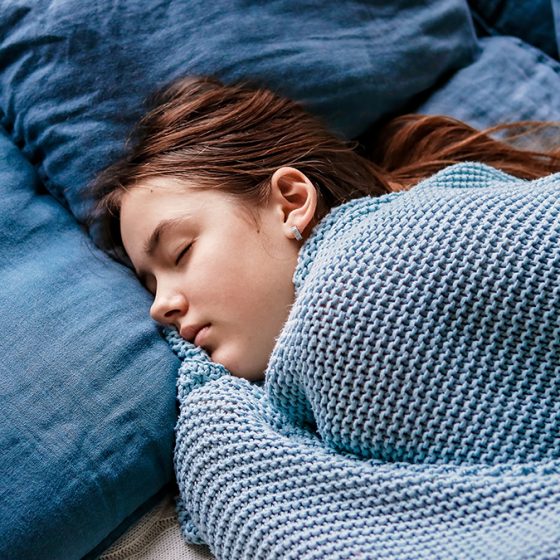Colonoscopy (child)
What is a colonoscopy? A colonoscopy is a procedure to look at the inside of the large bowel (colon) using a flexible telescope. What are the benefits of a colonoscopy? If the endoscopist finds a problem, they can perform biopsies to help make the diagnosis. Sometimes a polyp is the cause of the problem and the endoscopist may be able to remove it during the procedure. Are there any alternatives to a colonoscopy? A colonoscopy. Other options include a contrast enema (an x-ray which takes pictures of the large bowel) or CT colography (a CT scan of the large bowel). However, these procedures have a higher





